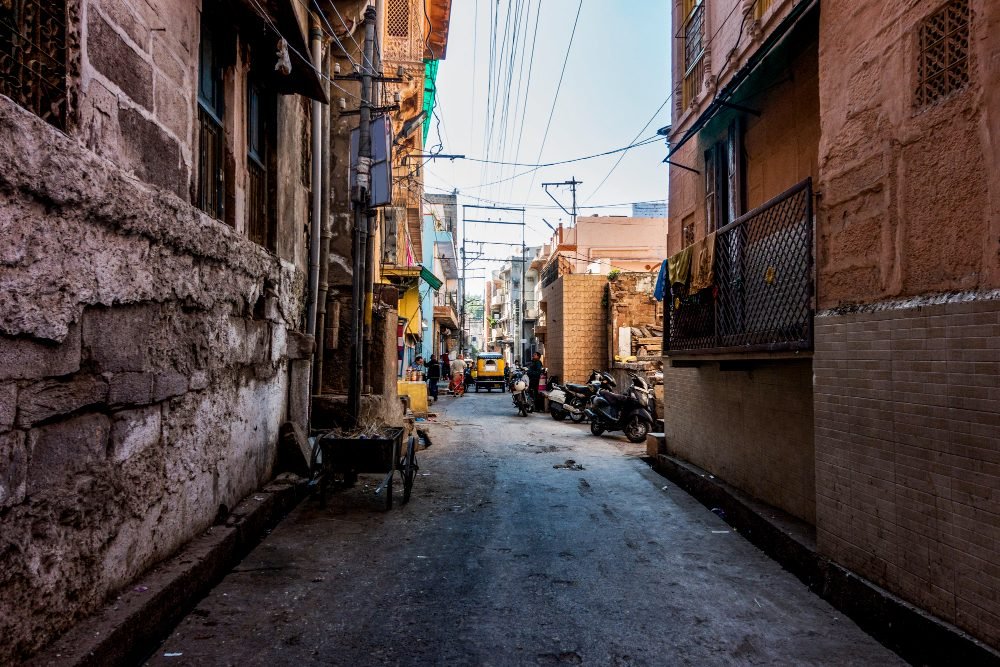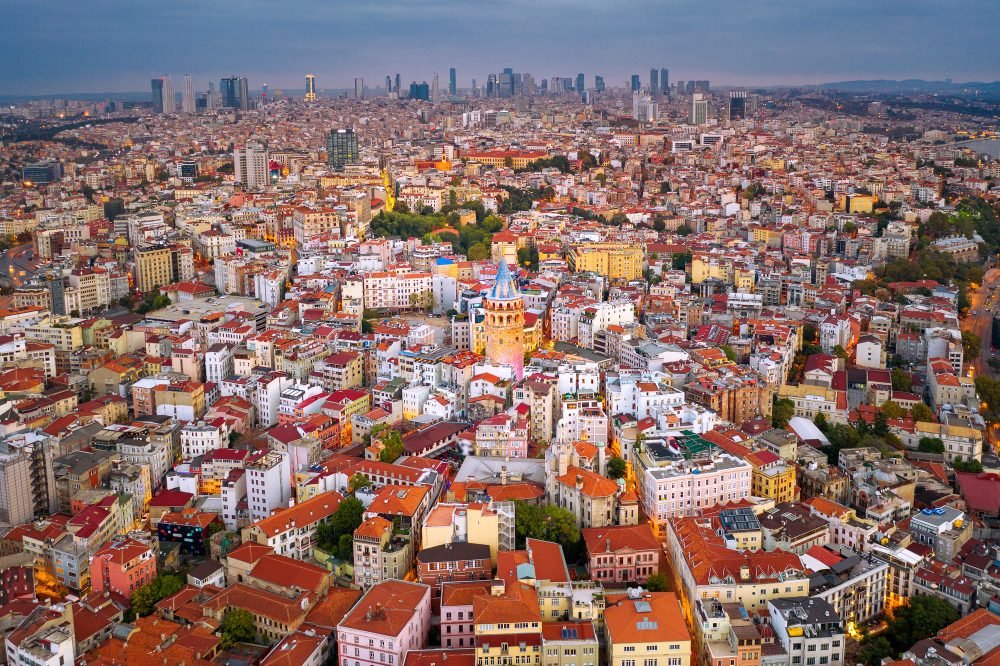Paths Apart
Paths Apart
At twenty one Reza and Bilal’s lives that lay before them were predictable. Bilal’s father was a landowner and he would get a piece of the property when it got divided between his eight siblings. Reza’s father was a small business owner. He would help him run the business and as the oldest sibling contribute towards the education and upkeep of his younger siblings. While studying at MAO college in Lahore in 1985, an idea struck them. What if we try to go abroad and build a life in another country. The lure of foreign places, dreams of green fields, cows and the beautiful swiss landscape was enough to make them adamant to go despite the constant opposition of their families. “On the VCR we would watch Indian films shot in Europe.” This charmed dream life was what got them to make the final decision.
Europe was their destiny and they must try for it. They got visas for Iran and Turkey and with five other friends, in the month of September 1985, decided to leave for Europe. “We took ten thousand dollars in travelers cheques, the dollar was 20 rupees then bachay.” They had phone numbers of relatives, acquaintances and friends who lived in Europe. “We memorised most and wrote down a few only. We didn’t want anyone’s contact details to get caught if we were caught.”
What ensued was the journey of a lifetime which changed not only their realities but that of their families as well. Bilal’s family now mostly has EU passports even if they choose to live in Pakistan. Reza lives in North Korea and his brothers work with him.
“It was a way to see the world. We were young and had never been anywhere.” Reza says. “I hadn’t even been to the Northern Areas”, he laughs sheepishly referring to the mountain ranges in the North of Pakistan.
On the face of it one could never tell that Reza and Bilal were friends. Comrades more likely. Who had spend a big part of their lives traveling together. Bilal who now almost sixty lives in the UK, clean shaven, speaks English with a slight British accent, wore wool pants and checkered collar shirts every time we met. Reza with his white hair and white beard, with his shalwar above the ankles, topi on his head looks much older. “I was always the serious one”, he says.



In the 1980s when they left Pakistan, the border control, migration laws and boundaries were not as rigid. All five of them, before starting the journey went to the flea market, landa bazaar in Lahore and had gotten pants, shirts, mufflers and ear muffs. We were told by friends who had gone to not wear nice clothes on the journey and not to spend too much money on the clothes. “When we reached Italy, our friends made so much fun of us. They had never seen us in Patloons.”
The first country on the way was Iran. Both of them remember fondly that the food was amazing and the women were so beautiful. After Iran the next stop was in Turkey. When they arrived in Istanbul, a man from the travel agency called Raja travels told them to leave immediately otherwise they would be stuck here forever. “We did not have agents, we bought our own tickets for Romania.”
“Istanbul is beautiful, we saw the city in a few days and decided to go to Romania.” Bilal quickly correct himself and says despite all the fun stories it is not easy leaving your home. He says “Insaan rol jata hai.” The closest that a translation can come to that is that one is left bereft but that doesn’t cover the implications of what it means. Rol jaana as a phrase is used to describe the lover in grand love stories who feels uncentered and uprooted without the beloved. Similarly, in Bilal and Reza’s case, being uprooted creates a voluntary displacement which is called rol jaana.
From Romania they went to Yugoslavia which was very cold and gloomy. There just as they were about to embark on a train journey to Italy. They got caught and the police deported them to Romania. From Romania they called their friends in Italy who arranged for an agent to receive them in Yugoslavia and accompany them to Italy.
“White people are also agents you know. Because there is a lot of money in this kind of work.” The white woman who was their agent took two thousand dollars each for passage.
They stayed in Italy for a few days and went on to Switzerland when they were told by the friends in Italy that there is very little work in Italy. In Switzerland they sought political assylum. We said we were PPP members and were being prosecuted under the Zia regime.
They were all placed in different municipalities but had the common friend in Italy’s contact who gave them each other’s contact. They stayed there for months as assylum seekers wherein they got food, board and a stipend. “We ate fish, mutton or beef every day. We didn’t know if it was Halal so we just said Bismillah before we ate it.”
It was there that Reza got the fatal call that his younger brother had gotten into a terrible accident. Reza decided to come back to Pakistan and after staying a year or so decided to try his luck in East Asia. Now he lives in East Asia, travels through east Asia and to Pakistan regularly for his work. His life mission has become Tabligh, the spread of Islam. The way he sees it Islam and culture are one in the same and it is integral to him that the younger generation of migrants feel close to the cultural practices and traditions of the country they left behind.
Bilal’s adventures took him to France and then to Spain. While working in a biscuit factory, he fell in love with a Spanish girl. They got married and now have two sons. “My older one is contesting for the city council elections”, he says almost whispering. “Don’t mention it in front of the other children, they don’t like it.” He refers to his children from his Pakistani wife and children. They get really angry when I mention the others.
